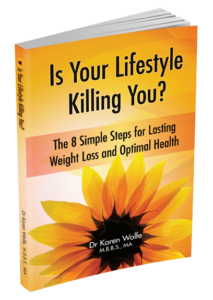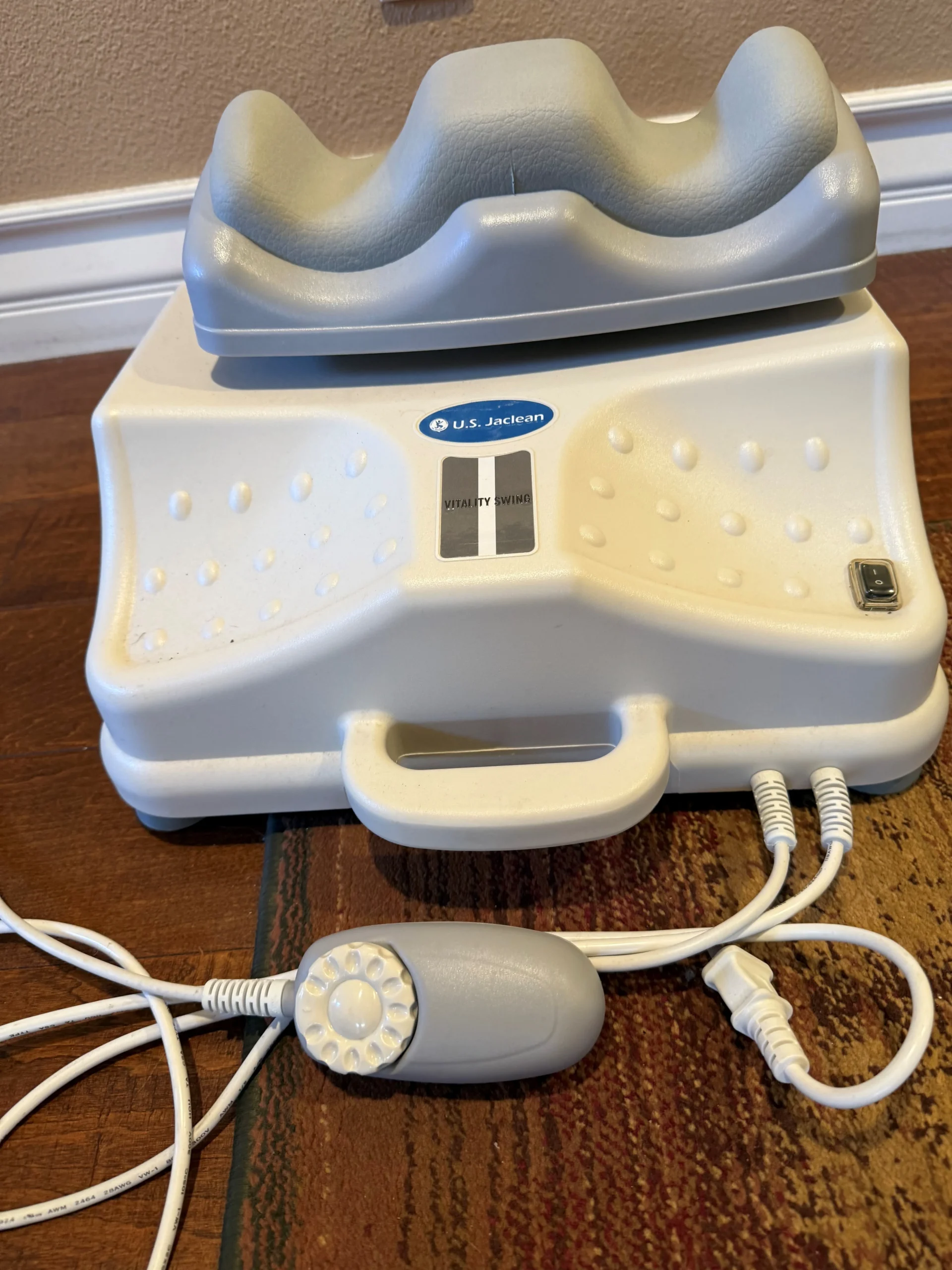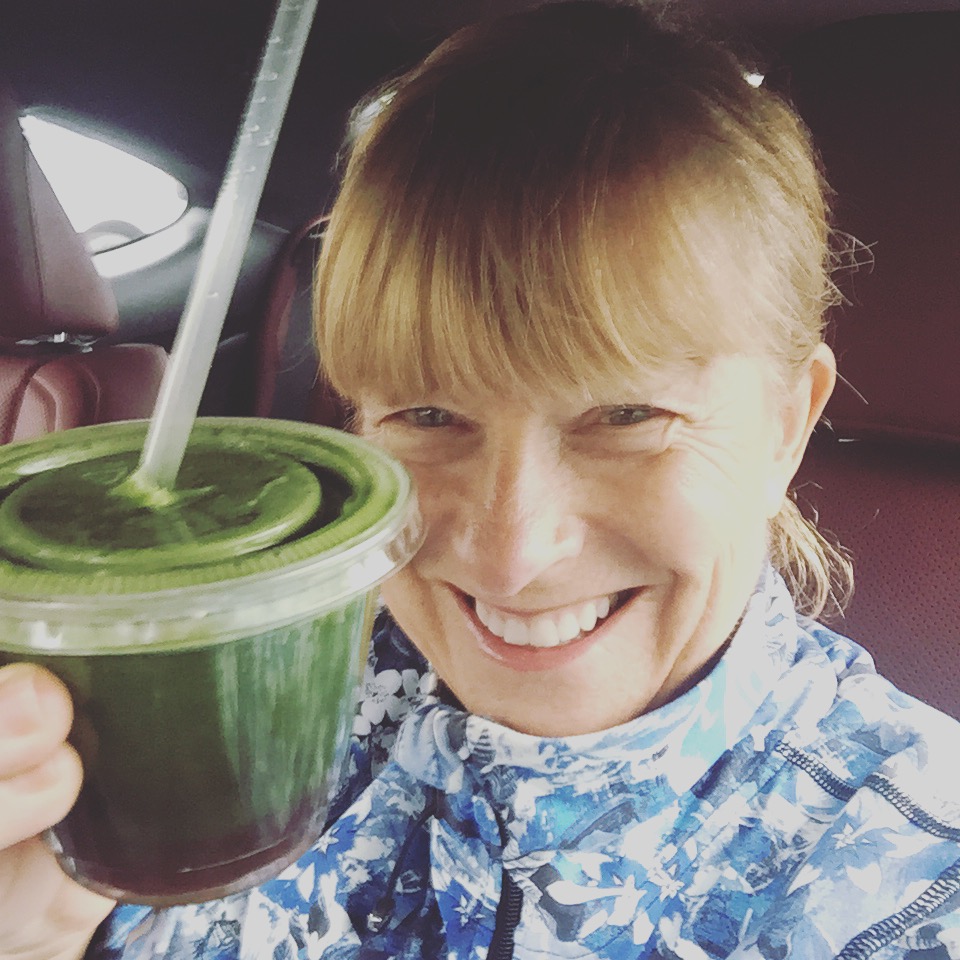The Hunger Fix Dilemma is about breaking so-called “false” or destructive habits like overeating and replacing them with healthier actions such as healthy eating. exercise, music, meditation, sleep.

There are two “reward” systems I focus on with mt clients…. A fabulous book I highly recommend is called
The Hunger Fix: The Three-Stage Detox and Recovery Plan for Overeating and Food Addiction by Pamela Peeke
and my book
Is Your Lifestyle Killing You? Eight Simple Steps for Lasting Weight Loss and Optimal Health by Karen Wolfe
A fabulous book I highly recommend is called
The Hunger Fix: The Three-Stage Detox and Recovery Plan for Overeating and Food Addiction by Pamela Peeke
and my book
Is Your Lifestyle Killing You? Eight Simple Steps for Lasting Weight Loss and Optimal Health by Karen Wolfe
 In contrast, healthy fixes are productive, positive habits associated with feelings of pride and happiness, such as
In contrast, healthy fixes are productive, positive habits associated with feelings of pride and happiness, such as
 The Hunger Fix: The Three-Stage Detox and Recovery Plan for Overeating and Food Addiction by Pamela Peeke
Is Your Lifestyle Killing You? Eight Simple Steps for Lasting Weight Loss and Optimal Health by Karen Wolfe
The Hunger Fix: The Three-Stage Detox and Recovery Plan for Overeating and Food Addiction by Pamela Peeke
Is Your Lifestyle Killing You? Eight Simple Steps for Lasting Weight Loss and Optimal Health by Karen Wolfe

There are two “reward” systems I focus on with mt clients….
- The dopamine reward system can drive us into unhealthy food and behavioral “hooks”. A dopamine” rush” in the body works exactly the same way with food as with cocaine.
- The Serotonin System linked to “sugar sensitivity”. This can drive us to consume large quantities of sweets, breads, pasta, or alcohol. These foods can trigger exhaustion or low self-esteem, yet their biochemical impact makes those who are sugar sensitive crave them even more. This vicious cycle can continue for years, leaving sufferers overweight, fatigued, depressed, and sometimes alcoholic.
 A fabulous book I highly recommend is called
The Hunger Fix: The Three-Stage Detox and Recovery Plan for Overeating and Food Addiction by Pamela Peeke
and my book
Is Your Lifestyle Killing You? Eight Simple Steps for Lasting Weight Loss and Optimal Health by Karen Wolfe
A fabulous book I highly recommend is called
The Hunger Fix: The Three-Stage Detox and Recovery Plan for Overeating and Food Addiction by Pamela Peeke
and my book
Is Your Lifestyle Killing You? Eight Simple Steps for Lasting Weight Loss and Optimal Health by Karen Wolfe
What Is The Hunger Fix Dilemma?
Our body has a built-in reward system driven by the chemical dopamine. Food can elicit a dopamine rush. Chronic exposure to what Pamela Peeke calls “false fixes” can lead to a “false hunger” and the the brain’s reward system becomes “hijacked” and the “false fix” becomes a default setting and you constantly reinforce it.What Are False Fixes?
The same dopamine reward system can be triggered by many self-destructive behavioral “hooks” that are give short term reward, followed by feelings of guilt and shame such as,- Credit Card over spending
- Gambling
- Overeating
- Drugs
- Nicotine
- Excess screen time
- Overworking
“A dopamine” rush” in the body works exactly the same way with food as with cocaine.”
The Hunger Fix: The Three-Stage Detox and Recovery Plan for Overeating and Food Addiction by Pamela Peeke
These false fixes can hijack the reward (pleasure) system and wipe out your dopamine receptors and the brain adapts and develops a “tolerance” that demands even more of the “drug”. You need more and more of the substance to gain the “reward”. At that time, all “healthy” fixes like self-care, friends, are cast aside. Researchers call this “motivational toxicity“. You are headed for a bad outcome. Dr Nora Volkow, MD, director of the National Institute of Drug Abuse (NIDA) researches the relationship between food and addiction.What Are Healthy Fixes?
 In contrast, healthy fixes are productive, positive habits associated with feelings of pride and happiness, such as
In contrast, healthy fixes are productive, positive habits associated with feelings of pride and happiness, such as
- eating a healthy breakfast
- enjoying music
- decluttering
- taking a walk
- self-care
- having a massage
- spending time outside
- breathing your way still
- taking a yoga class
- dancing
- taking your supplements
- drinking at least 64 ounces a day of water
- committing to at least 30 minutes of exercise every day
- meditating or praying
What Can We Do About The Hunger Fix Dilemma?
The very same dopamine-driven system can be used to reward us for healthful, exciting, and fulfilling activities. You can “distract” the brain with a lot of sustainable, healthy, dopamine-boosting and serotonin enhancing rewards – healthy eating, physical activity, self-care, making new friends, decluttering, taking on new projects – so you can “crowd out” those “False Fixes”. Behavioral change takes time. You spend lots of time practicing, refining, and honing the basic skills and techniques of “Healthy Fixes”. If you want some support and a structured program to set up your new life-enhancing “dopamine-reward and serotonin enhancing” plan with new lifestyle habits, learn about my SUGAR BUSTER PROGRAM HERE.Recommended Reading
 The Hunger Fix: The Three-Stage Detox and Recovery Plan for Overeating and Food Addiction by Pamela Peeke
Is Your Lifestyle Killing You? Eight Simple Steps for Lasting Weight Loss and Optimal Health by Karen Wolfe
The Hunger Fix: The Three-Stage Detox and Recovery Plan for Overeating and Food Addiction by Pamela Peeke
Is Your Lifestyle Killing You? Eight Simple Steps for Lasting Weight Loss and Optimal Health by Karen Wolfe






























